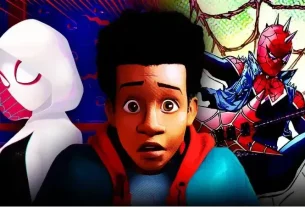Maybe for many viewers, in addition to the Lichun, Winter Olympics, and women’s football, there must be one more thing that can save the resumption emo, and that is “My Brilliant Friend”.
That’s right, the third season of “My Brilliant Friend” is on the air recently!
And, the reviews are still fantastic!
Speaking of which, this is a very special show.
Usually we say that second-rate novels can be adapted into first-rate films, while first-rate originals are often only destroyed.
But for Italian writer Elena Ferrante’s “Neapolitan Novels” and HBO’s “My Brilliant Friend”, it’s a first-class original meets a first-class adaptation.
This novel swept the world and made Ferrante, who has never appeared in public, become one of the most mysterious and hottest writers in recent years, but the huge group of book fans did not become the so-called “original party”, and all kinds of criticism and sniping.
How successful is this remake?
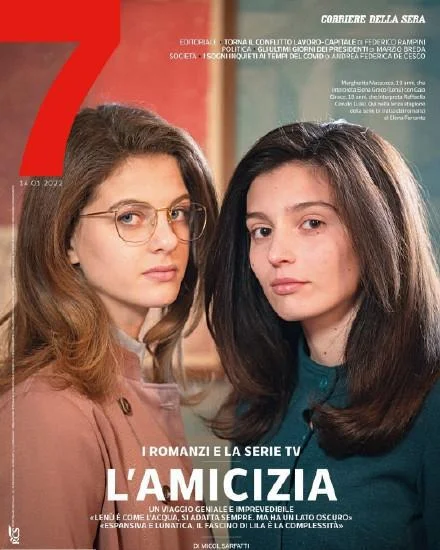
Even if you’ve read the original book and know all the plots, you’ll still be drawn to the episodes. And viewers drawn to the series will frantically read Ferrante’s original book.
Related Post: “My Brilliant Friend Season 3” is coming back with an IMDB rating of 8.6!
The reason is that “My Brilliant Friend” captures the soul of the novel, and what it conveys and inspires is not a specific plot, picture or technique, but an indescribable life experience.
It was little Lila and Elena, staring wide-eyed, walking hand in hand from the Naples block in tattered clothes, trying to get to where the water turned blue.

And in the first few episodes of the third season just released, some kind of huge change is already brewing.
Elena, who walked out of the old neighborhood and came to Pisa to finish university, although she felt a sense of panic, decided to marry Pietro, who came from a family of high-level intellectuals.

Having just published her first novel, she has long been tied to the Pietro family in the cultural circle and gained a lot of fame.
This may be another blind attempt for class relocation, or it may be a smooth sailing after the fact.
But with the engagement came the daring eroticism of the debut novel, which left Elena at war with her back and forth.
In the Kochi circle, she was questioned as a cheap novelist writing, and when she returned to the old neighborhood to save her relatives, she was simply deduced by everyone as a “slut” through novels.

It also foreshadows Elena’s conflicting situation afterward – she vows to escape Naples, but always finds nowhere to be at ease is her hometown.
Looking back at Lila, after breaking up with Nino while pregnant, she completely cut off the connection with the old neighborhood and lived with Enzo under the same roof.
During the day she worked as a female worker in the smelly sausage factory, exhausted but still full of firepower to deal with the pervasive sexual harassment.

When she came back at night, she would light up the lights to teach her children’s homework, and from time to time she would be swayed by Pasquale, who was involved in the revolution, and participated in a raging student assembly.
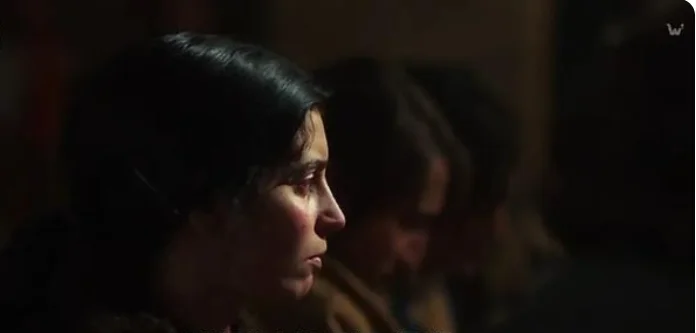
If we say that we are in heartache, we don’t know how to describe Lila’s messy situation.
Then Pasquale, who is obsessed with revolution in the play, has already given his definition. He called Lila a communist with amazing destructive power and amazing vitality without joining any party.

So, one is Elena, who is making steady progress towards forming a family of high-level intellectuals, and the other is Lila, a single mother and a low-level worker who has been exploited by all parties.
Season three clearly differentiated the two into bipolar class camps from the start, which also meant the significance of “Those Who Leave And Those Who Stay” in the four-part series.
Ferrante’s female writing began to expand noticeably.
Breaking through the native neighborhoods of Naples, the sights of Lila and Elena radiate throughout the turbulent Italy of the post-war sixties, and the major historical events that have stretched for the next fifty years.
Such as the student movement, neo-fascism, the kidnapping of Moro, the Italian trade union struggle, and so on.
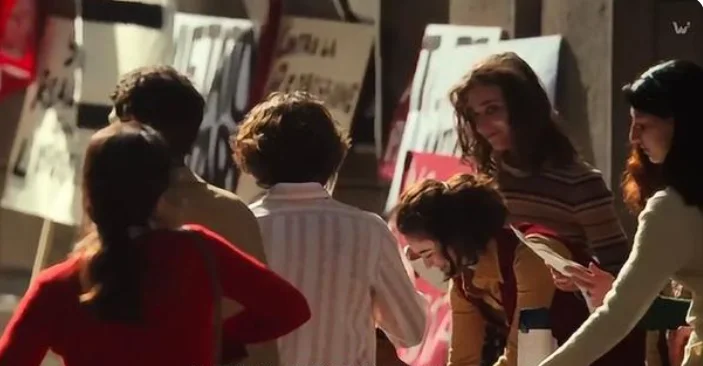
This is also the magic of this work, which is obviously a simplification in terms of “feminism”, it should be said that it provides a “new history” that opens up the world with female experience.
It was also because of the detailed description for the first time that people were shocked to realize that this opening was so painful, so thorough and sober.
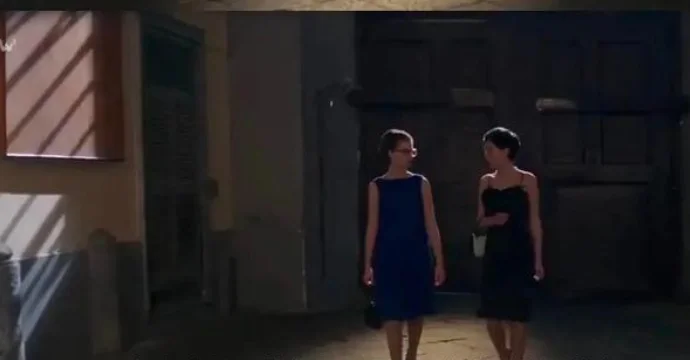
I believe that many people, especially female audiences, will have two experiences. One is to find that including themselves, all the women around them are a combination of Lila and Elena, sometimes more Elena, sometimes more Lila.
The second is to find that he always has a preference, perhaps the wild Lila, or the gentle Elena.
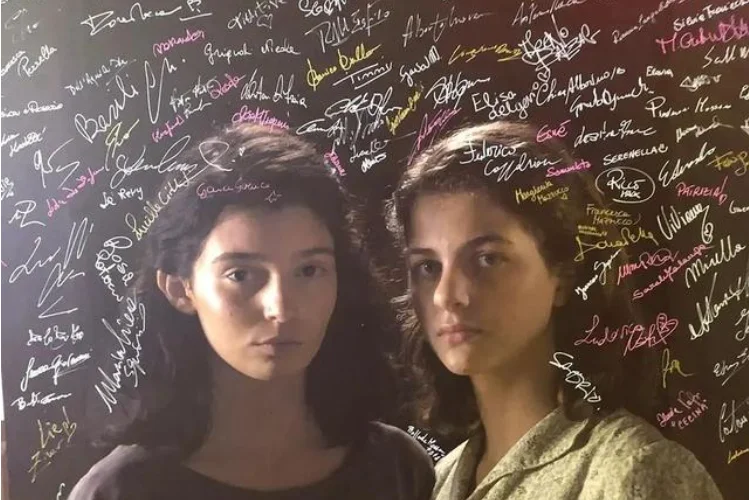
It can be said that the description of the relationship between the two is the theme of the whole work, and it is obviously too narrow to define it with “friendship”.
In Elena’s own words most accurately, she said “how bright and dark our friendship was”.
It was as if something only women knew was narrated, an unspeakable relationship was portrayed.

They are both mirror images of one body and two thieves who inspire each other, steal each other’s inspiration, intelligence, beauty, and even personal experiences.
Like in the first-person narration with Elena, the “gifted girlfriend” clearly refers to Lila.
In the play, the first appearance of this word came from Lila, who asked Elena to read and do her best, just because “you are my genius girlfriend”.

In love, they use offense, restraint, alienation, and even hostility to remind each other that it is not safe to come here and cannot wilt.
This is not so much a mutual encouragement, but a kind of pulling. It means that I have no strength to live, and it is up to me to take a bite of your meat and you to drink a tube of my blood to move forward.
For Lila, Elena’s existence balances the irreconcilable chasm between her and the world in everything from patriarchal power, class, gender, etc., to avoid self-destruction.
For Elena, Lila is her creative material, a love-hate opium, an inspiration for her entire life.
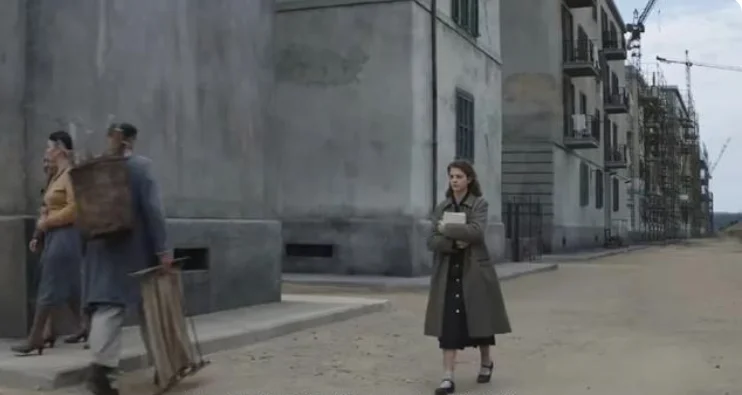
Ferrante describes a sense of symmetry that exists in female friendship, a highly conscious use and use, selflessness and self, mutual restraint and mutual growth.
Since childhood, Elena and Lila have been caught on each other’s radar, a powerful empathy ability that allows them to draw on each other’s life experience while choosing “friends”.
The same is true for many women, your friends, playmates, and even mothers are more like some kind of allies in life, constantly groping and improving in both directions while carefully observing each other.
You learn from her, imitate her, and in turn use her mistakes to warn yourself, just as Elena and Lila gain purification by being close to each other, and benefit themselves by tainting her aura.
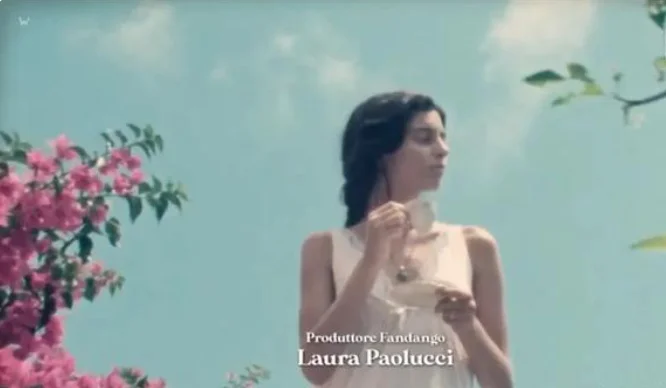
It is through this “weird” friendship that Ferrante outlines a certain “evil” spirit that women are ignored.
It may be Lila for what it is.
Her little beastly instinctive perception, usually repressed between the family and the bed, turned into the same stigmatized hysteria or indecision as their mother.

And when reforming in order to enter a male-dominated society, it becomes Elena’s forbearance, observation and balance.
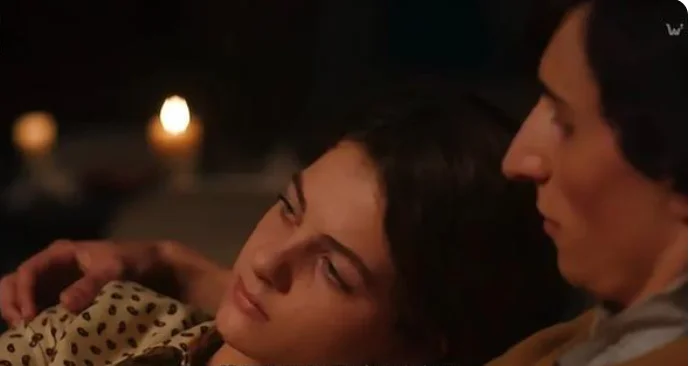
Lila and Elena aren’t standard good or strictly bad, they’re full of ideas, some uncontrollable destructive power, and even a kind of artificial egoism.
And these things are also the truth of gender.
When Lila conceives a child, she first thinks of strangling it. When she sees the beauty of others, she first thinks of absorbing it. When she encounters love, she wants to pull each other into the flames. When she sees a complete one, she wants to cut it.
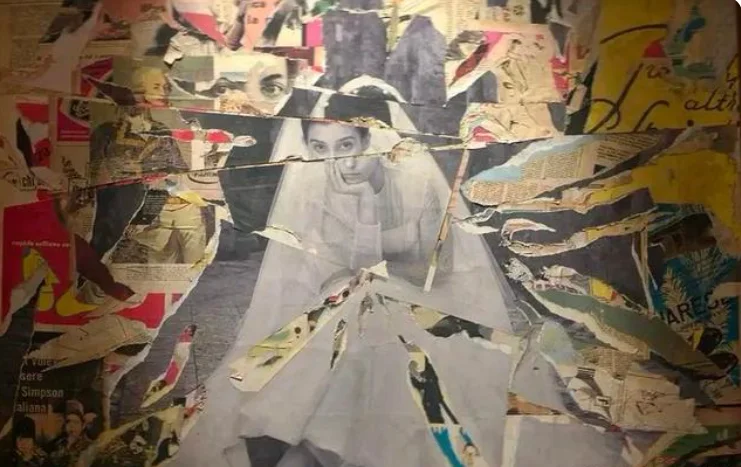
This kind of female evil is different from that of males. It has no purpose, is not for conquest or possession, but is just an instinct, a personal experience that overflows with a stereotyped narrative.
She said she had never experienced sexual pleasure, that childbirth was a nightmare, and that the marriage structure was filthy.
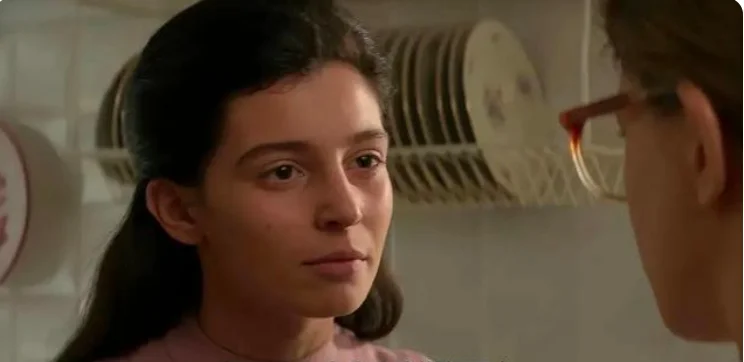
This is Lila’s “superpower”, using her own experience to see through the essence of things, she can deduce the logic of the whole world without going out of Naples’ block.
It is precisely because of this ability that Lila is considered “bad”, “dangerous”, and a witch who secretes some kind of liquid.
Just because from a woman’s perspective, the world is in danger of being turned upside down.
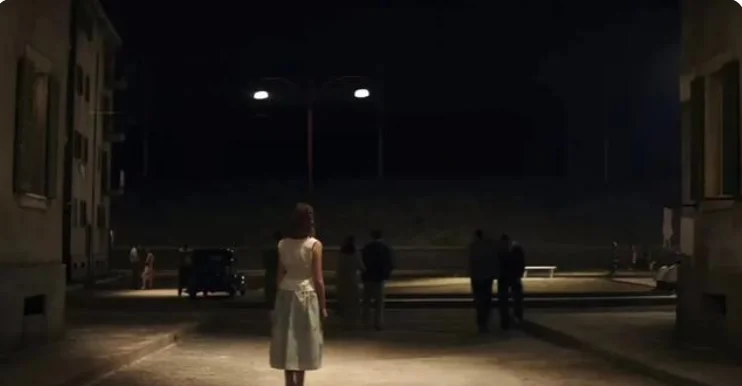
In private experience, they have a “gift” that makes it easy to spot hidden cracks and lies without learning, and travel between positives and negatives.
For example, before marriage, Lila’s beauty is a coveted gem, and after marriage, it becomes poison.
When she first met Nino, her sharp-eyed insights were so sweet, but when they broke up, they turned into self-righteous nonsense.

When Elena and Nino reunited, the other said that former lover Lila “has a sexual problem”. Elena’s first reaction was why he could logically judge who was having problems and who was okay.

They are deformed in various systems, sometimes tools, sometimes goddesses, can be garbage, can be gems, can be special or copied.
They’re birds, sweethearts, pride, sluts, bitches, and shame.
It is by virtue of this step-by-step, self-sufficient ascent that they cannot be placed into any kind of established system.
As Lila said, she often feels the horror of “the boundaries disappear”, because the premise of disappearing is to expose yourself again and again, open yourself up, get wounds, and use the experience of wounds to remove obstacles.
This is the reality that “My Brilliant Friend” discovers, a world that can only be seen better through the weapon of fragility.
On two completely different roads, it is precisely because they see too clearly and are too keen that they are at odds with everything around them.
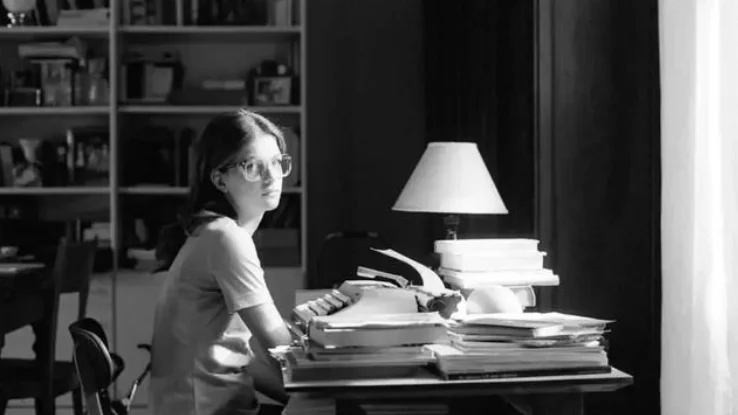
At the end of “Neapolitan Novels”, Elena says to herself “My whole life has been a vulgar fight for social advancement.”
Elena’s loss is simply unnecessary if it’s only used in a masculine narrative of a lien-like ambition, as she has dignified her wealth and status.
But if you look at the shadow of a woman cast by Lila as the coordinate, this kind of success is far from true, far from beautiful.
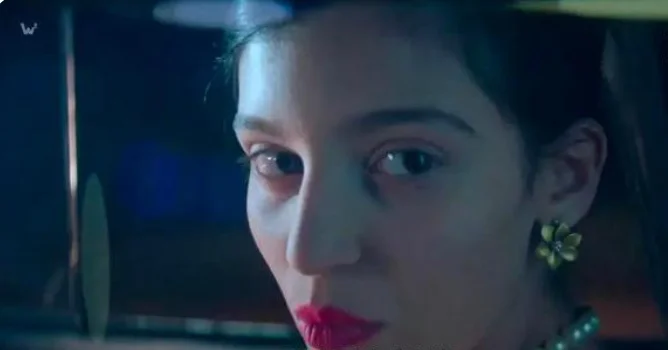
At this point, back to the title of the third part “Those Who Leave And Those Who Stay”, leave or stay? Its object is naturally the hometown of Naples.
For Elena and Lila, it seems that no matter where they go, there will always be a virtual Naples that is constantly expanding, can’t escape, pulls, and sticks in their hearts.

Sometimes it’s dialects and foul language that pop up suddenly, sometimes it’s an interruption from an old friend, and sometimes it’s a repeat of the parents’ habits.
And every occurrence is horrifying.
Because Naples, to them, is a deformed childhood produced by lust and violence, and it is a tattoo of a commoner class.
Hometown is so ugly.
But it was also there that they hatched their self-awareness and formed their original cognition of the world.
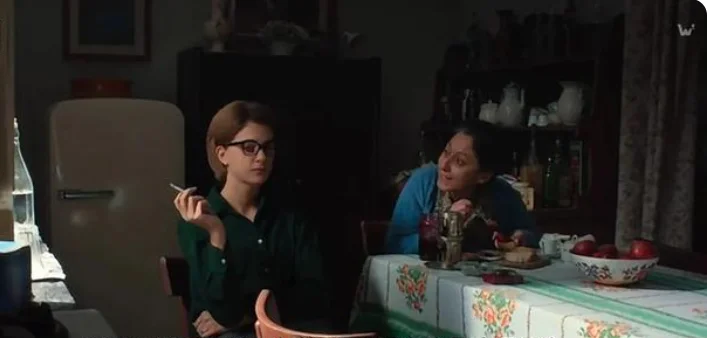
This deadly feeling is like Wang Anyi’s evaluation – “people are born into the world as hostages”.
The two girls who were born in a poor town in southern Italy in 1944 deeply practice and prove this truth.
When Elena returns to Naples in Season 2, she walks through the smoke to see her childhood self and Lila reading “Little Women” in a chaotic street corner.
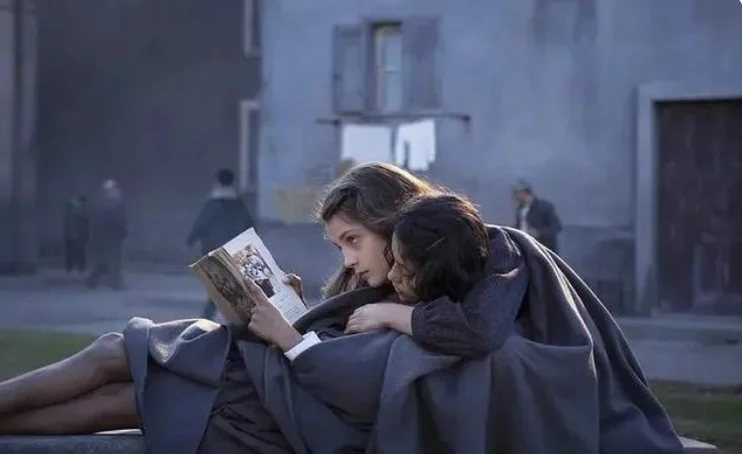
In Naples, they were the first to show the ugliness of the world, and at the same time they stumbled upon the possibility of truth, goodness and beauty.
And everything that happened after that just confirmed their childhood experiences.
The father beats the wife, the husband beats himself, the body can be used as a bargaining chip, the son of the capitalist has to please in school, the widow will be spurned to madness, the poor can take advantage of it everywhere, the violence of the boys is both hard and soft, and there is no place to place the dangerous. Desire, and the conspiracy concocted by husband power and patriarchal power…
This is the Naples, and they will carry the experience of their hometown throughout their lives, pulling each other in the denial and non-denial of self.
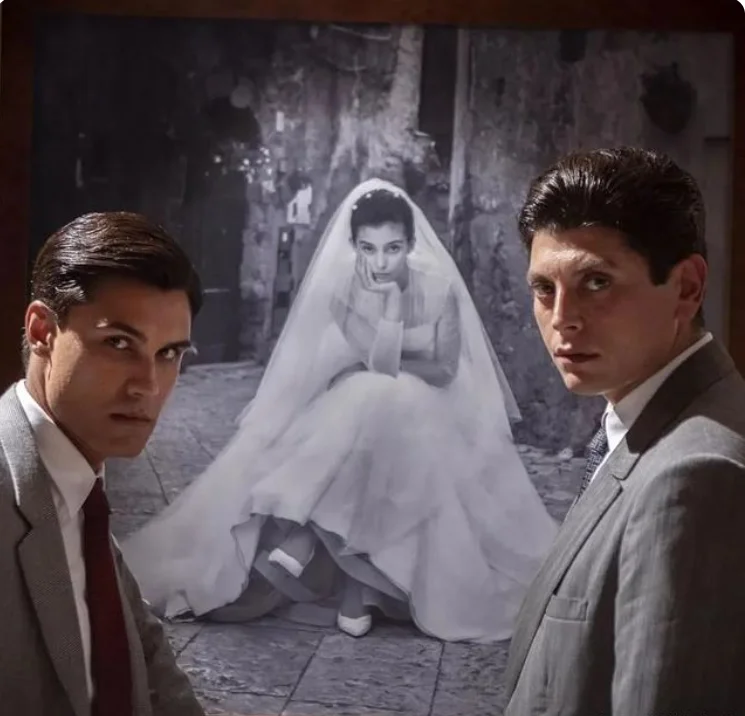
In fact, we know Lila’s ending at the beginning of the entire four-part series, she wiped all traces of herself and disappeared without a trace.
This choice is not something Elena is jealous of.
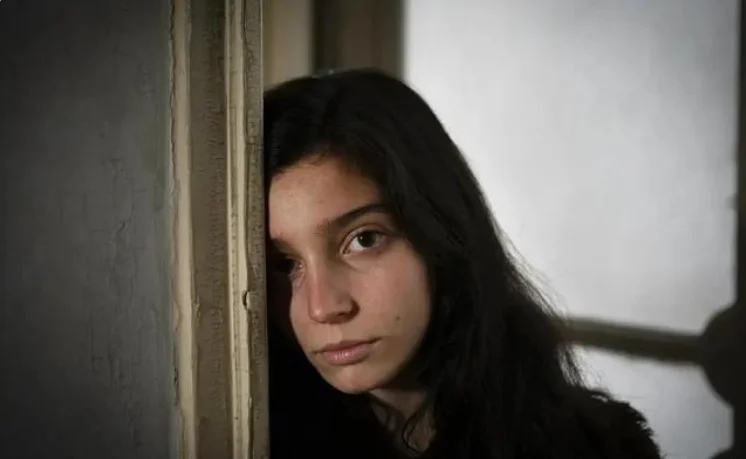
When they finally discover that the boundaries have disappeared, the essence of things has emerged, and the superstructure that decorated the peace suddenly becomes a mirage.
At this point, security equals restlessness, love equals not loving, existence equals disappearance, and staying equals leaving.
In this sense, the ending Lila chose for herself is precisely the only way she can redeem her hostages from her life.

A thousand words, “My Brilliant Friend” is in its third season, with one more season to go.
And Lila and Elena, who are entering old age, may still be the original cast members, so everyone should hurry up and follow the drama!
Related Post: “My Brilliant Friend Season 3”: Those Who Leave And Those Who Stay, Who Can Turn Fate?


